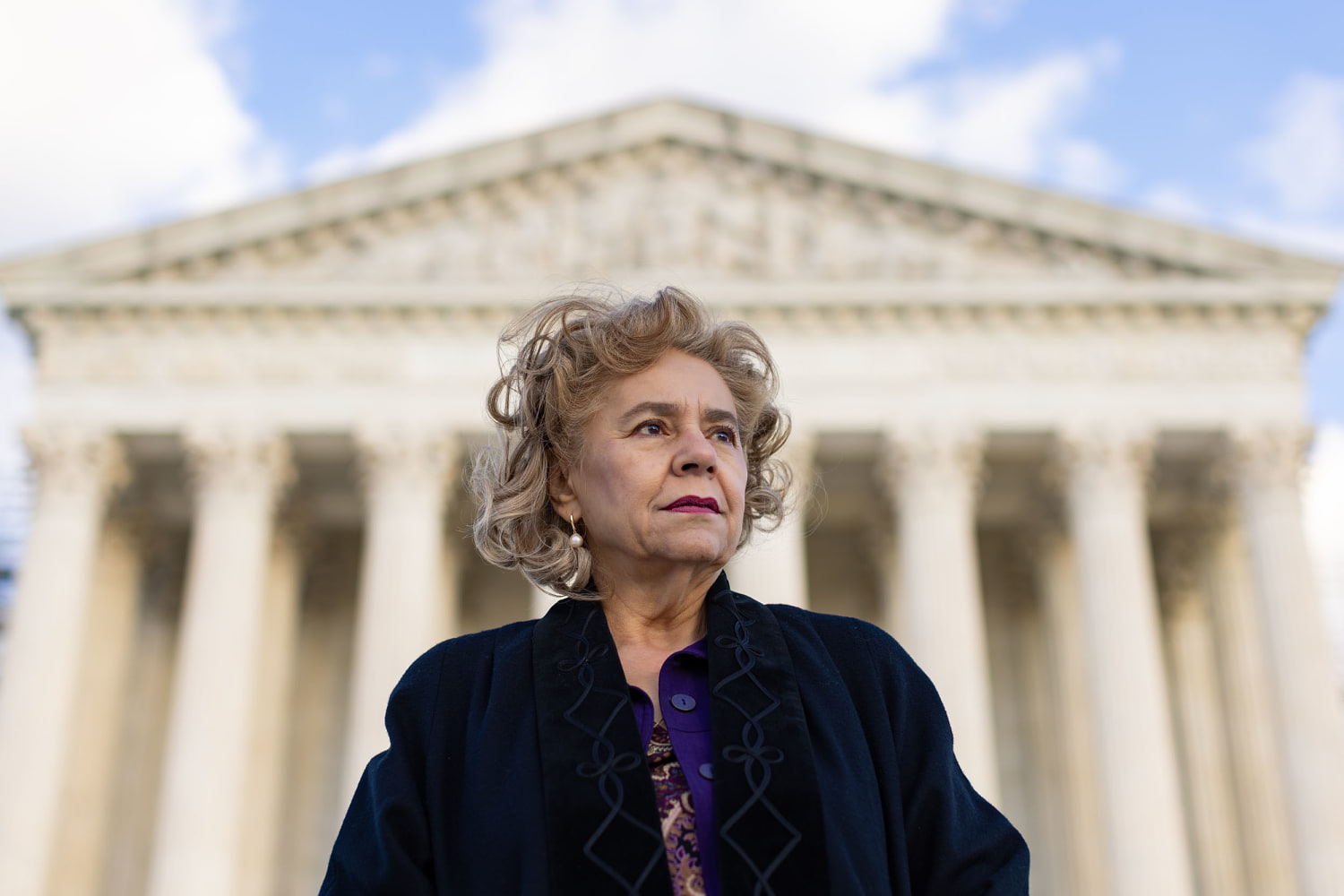
WASHINGTON — The Supreme Court on Wednesday is weighing whether a Texas woman who served on a small-town council can pursue a retaliation claim after she was arrested following her criticisms of a senior official.
Sylvia Gonzalez, then 72, was arrested in 2019 after recently taking office as a council member in Castle Hills, Texas, having run for election as a critic of the city manager.
She was charged with inappropriately removing a government document, identified as a citizen petition she had prepared.
Gonzalez said she accidentally muddled the petition with other papers.
The charges were ultimately dropped, but only after Gonzalez, who has no criminal record, spent a day in jail. She also quit the City Council.
Gonzalez then sued, saying that the arrest was a form of retaliation against her for expressing her complaints against the city manager, Ryan Rapelye. She claimed officials had violated the Constitution’s First Amendment, which protects free speech rights.
Castle Hills Mayor Edward Trevino, then-police Chief John Siemens and Alex Wright, a lawyer engaged to assist with the investigation, were all named as defendants.
At issue at the Supreme Court is Gonzalez’s effort to overcome a procedural roadblock to pursuing her lawsuit. Under Supreme Court precedent, if police had probable cause to make an arrest, it is difficult for plaintiffs to bring a civil rights claim.
Gonzalez’s lawyers at the Institute for Justice, a libertarian legal group, say she should be able to bring her claim under a 2019 Supreme Court ruling called Nieves v. Bartlett.
That ruling said that in limited situations a case can move forward if the plaintiff can show that other people in a similar situation had not been arrested, even if there was probable cause.
A federal judge rejected the defendants’ bid to throw out the lawsuit on the grounds that they were protected under the legal doctrine of qualified immunity, which says there must be a violation of clearly established rights for lawsuits seeking damages over law enforcement or government officials’ actions. The judge said Gonzalez did not have to “plead or prove the absence of probable cause.”
But the New Orleans-based 5th U.S. Circuit Court of Appeals reversed that decision, saying that Gonzalez’s claim was barred because of the probable cause issue.
